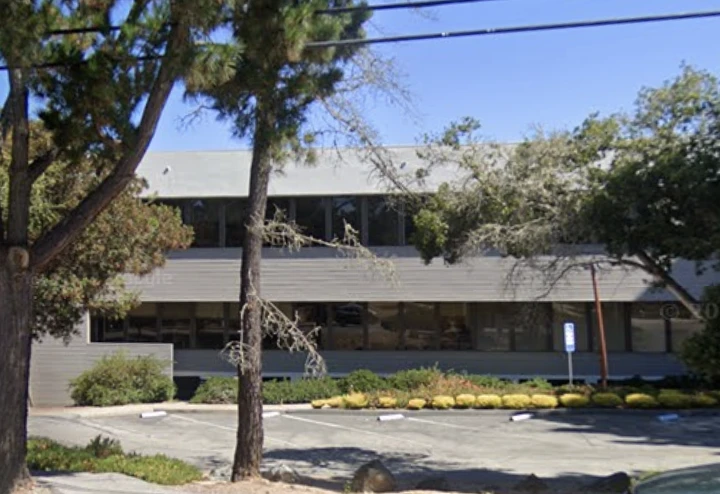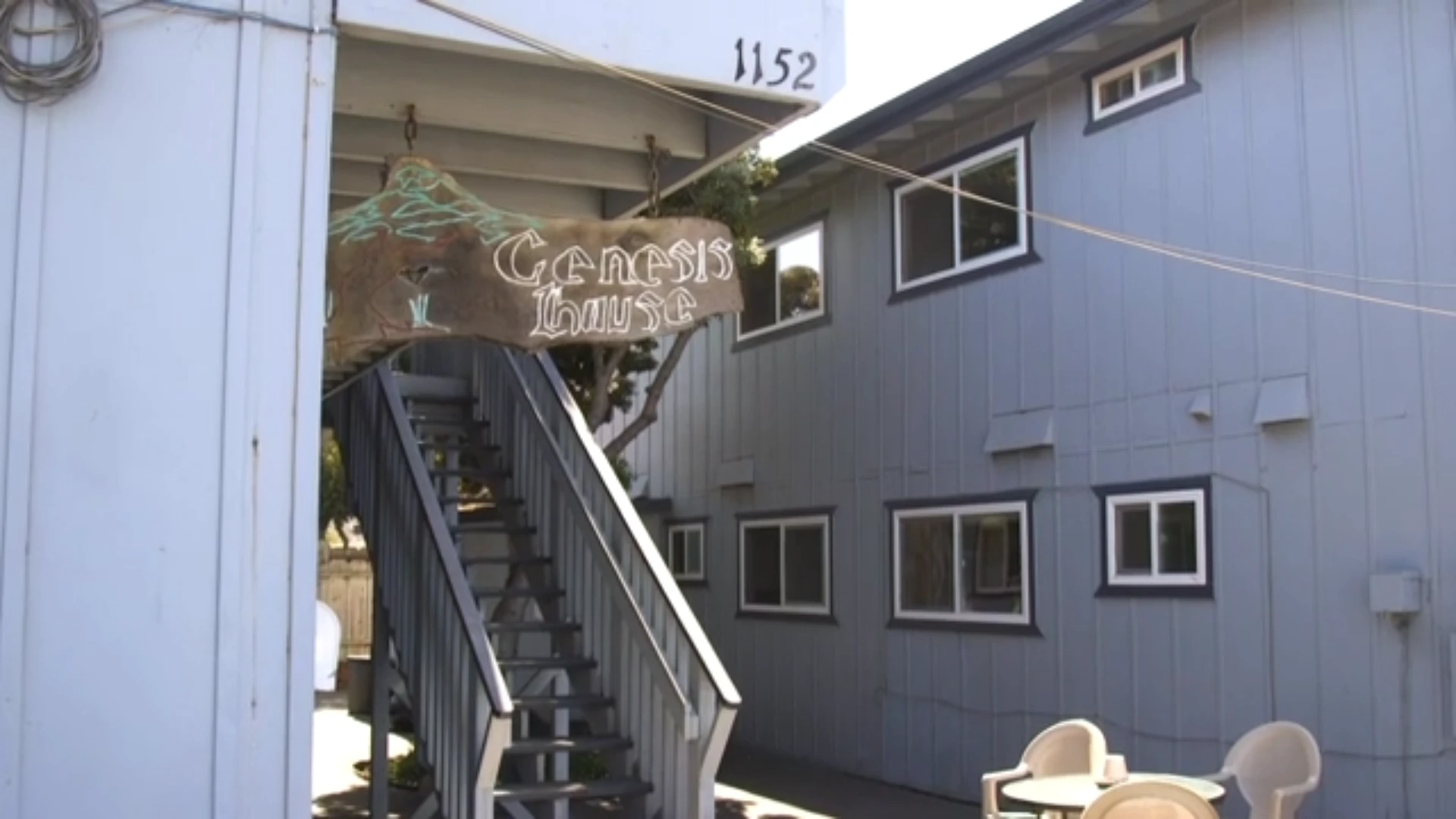CHS - Community Human Services Information
Treatment
Who We Treat
- Male and Female
Treatment Focus
- Co-Occurring Disorders
- Drug Addiction
- Trauma
- Medication-Assisted Treatment
- Alcohol
Approaches
- 12-Step-Based
- Individual Treatment
- Evidence-Based
- Family Involvement
- Twelve Step
- Family Therapy
- Group Therapy
- Cognitive Behavioral Therapy (CBT)
- Motivational Interviewing
- Medication-Assisted Treatment (MAT)
- Life Skills Training
- Relapse Prevention Counseling
Conditions We Treat
- Depression
- Anxiety
- Trauma
- Co-Occurring Disorders
Substances We Treat
- Alcohol
Languages
- English
- Spanish
Aftercare
- Discharge Planning
- Continuing Care
Level of Care
- Outpatient
- Sober Living
- Aftercare/Continuing Care
Experience
On-Site Activities
- AA/NA Meetings
Smoking and Vaping Policy
- Smoking Allowed in Designated Areas
- Vaping Not Allowed
Accreditations
-
Commission on Accreditation of Rehabilitation Facilities (CARF)
CARF accreditation is a globally recognized certification for rehabilitation and human service organizations. It signifies that an organization meets high-quality standards and is committed to providing top-level care. Achieving CARF accreditation involves a rigorous evaluation process, including on-site surveys. This accreditation enhances an organization's reputation, instills trust in clients and funders, and encourages ongoing excellence in the field.

Additional Locations
Find the best treatment options. Call our free and confidential helpline today!




